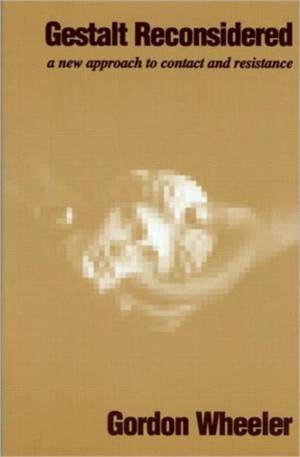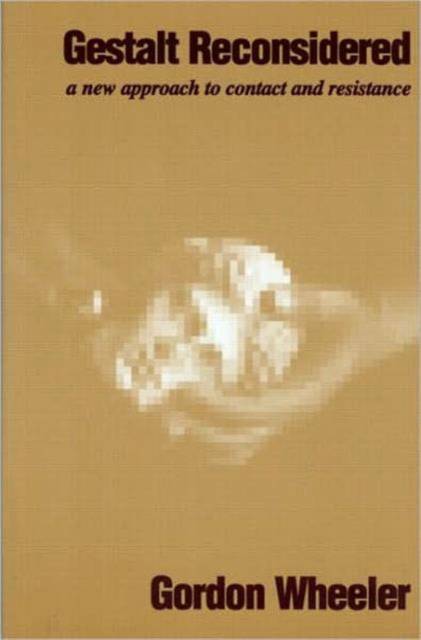
- Retrait gratuit dans votre magasin Club
- 7.000.000 titres dans notre catalogue
- Payer en toute sécurité
- Toujours un magasin près de chez vous
- Retrait gratuit dans votre magasin Club
- 7.000.000 titres dans notre catalogue
- Payer en toute sécurité
- Toujours un magasin près de chez vous
Description
In this original and penetrating work, the origins of the Gestalt psychotherapy model are traced back to its roots in psychoanalysis and Gestalt cognitive and perceptual psychology. Drawing new implications for both Gestalt and psychotherapy in general from these origins - and with special emphasis on the neglected work of Lewis and Goldstein - Wheeler develops a revised model that is more fully "Gestalt" and at the same time more firmly grounded in the spectrum of tools and approaches available to the contemporary psychotherapist. Along the way, a number of new insights are offered, not just in Gestalt, but in the working of the psychoanalytic and cognitive/behavioral models. The result is an integrated approach giving a fresh perspective on the universal processes of contact and resistance, both in psychotherapy and in social systems in general. The practitioner is given these tools for "addressing problems at the intra- and interpersonal level and wider systematic levels at the same time, and in the same language."
Each chapter stands alone, and makes a fresh and significant contribution to its particular subject. Taken together, they constitute a remarkable excursion through the history of psychotherapy in this century, weaving powerfully through social psychology, behaviorism, and Gestalt itself, yielding a masterful new synthesis that will interest the practitioners of Gestalt and other schools alike.
Spécifications
Parties prenantes
- Auteur(s) :
- Editeur:
Contenu
- Nombre de pages :
- 196
- Langue:
- Anglais
Caractéristiques
- EAN:
- 9780881632484
- Date de parution :
- 01-10-96
- Format:
- Livre broché
- Format numérique:
- Trade paperback (VS)
- Dimensions :
- 144 mm x 210 mm
- Poids :
- 285 g







